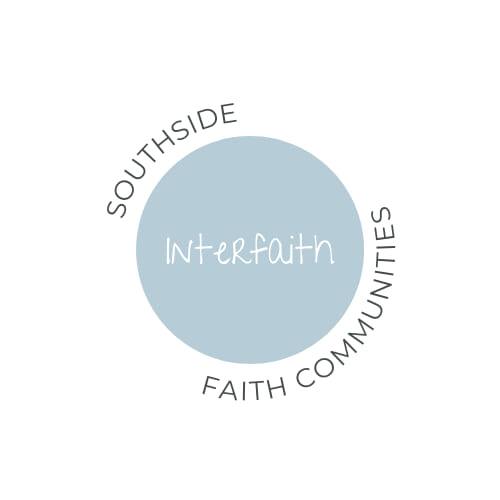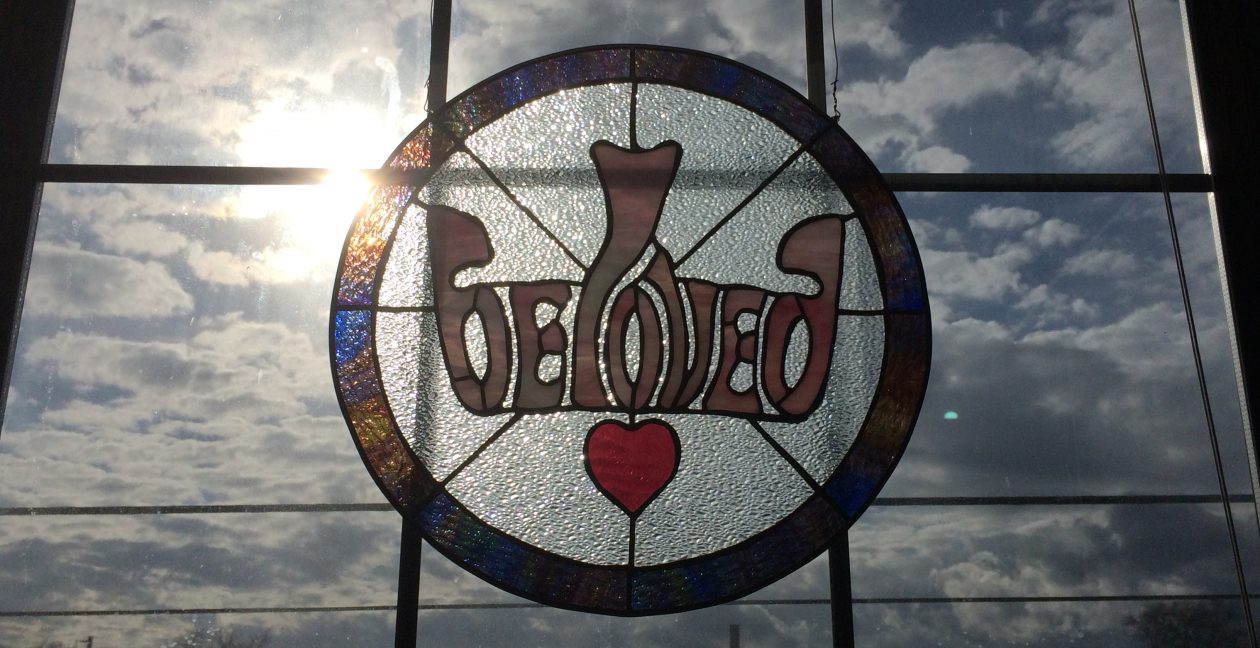Perhaps you, like many in the United States and the world, paid close attention to the election process and, particularly, the presidential election—one that has reflected the state of cultural and ethical crisis that faces our nation. As I watched the process, I often wondered what the climate of our nation would be on “the morning after,” that is, when all was said and done.
Personally, I felt a profound sense of relief and joy as the official projections came on the morning of November 7, 2020, announcing the election of Joseph Biden as President-elect and Kamala Devi Harris as Vice President-elect. However, this joy is tempered by concern of how the current president and segments of his base might respond to this loss. I am greatly concerned about the threat posed by segments of the population who—seeing themselves as well-meaning, righteous, and patriotic—will lash out at people of color, ethnic minorities, the LGBTQIA community, immigrants, and other marginalized groups within society.
When we awoke on Sunday, November 8, 2020, we literally awoke to “the morning after.” We are in “the morning after,” because now the suspense has been lifted and we have some resolution, but I believe that we are, metaphorically, in “the Morning after,” and will remain so for some time. The song “The Morning After” is from The Poseidon Adventure, a 1970s movie that focused on a group of passengers who leave the larger group trying to survive on a capsized cruise ship. When first sung by the ship’s lounge singer, it is just a benign song. However, the song takes on new meaning when it is played in the final scene, where those who remain of the small group—having gone against conventional wisdom—are discovered and rescued. The first verse says:
There’s got to be a morning after
If we can hold on through the night
We have a chance to find the sunshine
Let’s keep on looking for the light
(by Al Kasha and Joel Hirschhorn)
We are, metaphorically, in “The Morning After.” We are in a struggle for survival for ourselves, for our communities, and for the soul of our nation. What does that mean for us?
To be in “the morning after” requires that we not deny the gravity of the struggle for survival. We can’t fully move towards a “morning after” unless we acknowledge the danger that presently faces us. Rev. Amina S. McIntyre, Connectional Young Adult Ministry President of the Christian Methodist Episcopal Church shared this Facebook post the day after the election in response to how close the race for the presidency was at that time:
None of this is surprising. This country has not changed. What we’re experiencing is actually only the dashing of hope. We had the audacity to [hope] but forgot that hope doesn’t fix. And holding onto “swing states” is actually prolonging our ability to start the grieving process. Let’s face it, this cancer in this country has metastasized. Patient is terminal, prognosis is low and there is literally nothing that can be done. Palliative has suggested comfort measures but we’re the family, fighting by the bedside yet praying for a miracle. No matter what happens, this has shown the truth of our family. The real decisions we must make are around how to handle the information our revelations bring.
That’s the stark reality of our nation. This awareness calls for prayerful action on our part. I am reminded of a Hebrew Bible story in which a leper colony was camped outside of the closed walls of Jerusalem in a time of famine while the city was under siege. They said to themselves, “If we stay here, we die. If we go to the city, we die. If we go to the enemy’s camp, at least there’s a chance that we live.” I see this pragmatic resolve in heroes of the faith such as Harriet Tubman and Nat Turner, Fannie Lou Hamer and Congressman John Lewis, who decided not to accept the inhumane conditions of enslavement and Jim Crow. Rather, they prayerfully acted to change their condition (and their communities’) knowing that it could cost them their lives.
To be in “the morning after” requires us to be rooted and grounded in hope. For this small group of people that came together in crisis to survive, they had to believe in the possibility of “the morning after;” they had to believe that they could get to safety. As believers in God, we may find ourselves praying as the psalmist did, “Be pleased, O God, to deliver me. O Lord, make haste to help me” (Psalm 70:1) because we hope in God’s power and desire to help us. As a descendent of formerly enslaved Black people, I am conscious that this thread of hope running through the stories of enslaved people sustained them and kept hope alive.
Although deliverance was often a fleeting and far-off vision, they had brought a knowledge of the God who would come to their aid from the shores of Africa. Although deliverance was filled with great risk and danger, their encounters with Christian scriptures led them to put their hope in the delivering God, which echoed their understanding of God. It was hope that caused them to look for doors to open “that no man can shut” to lead them out of danger. It is hope that causes us to look for God’s open door to freedom that no one can shut.
To be in “the morning after” requires knowing that we need each other to survive! As this movie theme song reminds us, we can only survive together. Therefore, we ought to not just try to get our own freedom; rather we ought to go back and help somebody else get free. That is why it I draw our attention as the church to God’s words through Amos, “I hate, I despise your festivals, and I take no delight in your solemn assemblies. . .. But let justice roll down like waters, and righteousness like an everflowing stream” (Amos 5:21-24). To sing pretty songs and bring pretty offerings without seeking justice for those who struggle is to offer God empty worship.
As this song written by David Frazier and recorded by Hezekiah Walker reminds us:
I need you, you need me; We’re all a part of God’s body.
Stand with me, agree with me;
We’re all a part of God’s body.
It is God’s will that every need be supplied.
You are important to me, I need you to survive.
Our survival, our deliverance, our freedom is bound together with each other’s survival, deliverance, freedom. As it has been said, “None of us is free until all of us are free.”
To be in “The Morning After” means that we must stay in the fight. Author and scholar Ibram X. Kendi noted his anxiety in this message on Facebook the morning of the election, “The last time I felt this way was the morning of my cancer surgery. It could go either way: the new beginning of life or death. All I remember telling myself was no matter what, I’m going to fight because no matter what there will be a fight. This steeled me then. This steels me now.”
There is an African proverb says it this way, “If you want to go fast, go alone; if you want to go far, go together!” Perhaps in our focus in individual success and progress, we have been too focused on GOING FAST! I challenge us today, as we have seen coalitions of people come together to create needed change and restore hope in our nation, let’s focus on GOING FAR! That means that we must learn how to GO TOGETHER! I believe in ultimate hope, but while I wait for that great day, I know that I’ve got to keep on fighting; I know that we’ve got to keep on fighting. And that fight requires what Harry Emerson Fosdick prayed for in his famous hymn:
___“God of Grace and God of Glory” ___
Harry Emerson Fosdick
1. God of grace and God of glory,
On your people pour your pow’r;
Crown your ancient church’s story,
Bring its bud to glorious flow’r.
Grant us wisdom, grant us courage
For the facing of this hour.
2. Lo! the hosts of evil round us
Scorn the Christ, assail his ways!
From our fears that long have bound us
Free our hearts to faith and praise.
Grant us wisdom, grant us courage
For the living of these days.
3. Cure your children’s warring madness;
Bend our pride to your control;
Shame our wanton, selfish gladness,
Rich in things and poor in soul.
Grant us wisdom, grant us courage,
Lest we miss your kingdom’s goal.
4. Save us from weak resignation
To the evils we deplore;
Let the gift of your salvation
Be our glory evermore.
Grant us wisdom, grant us courage,
Serving you whom we adore.
***************************************************
Reverend Dollie Howell Pankey
Theomusicologist-in-Residence
November 2020 Musical Notes Reflection

